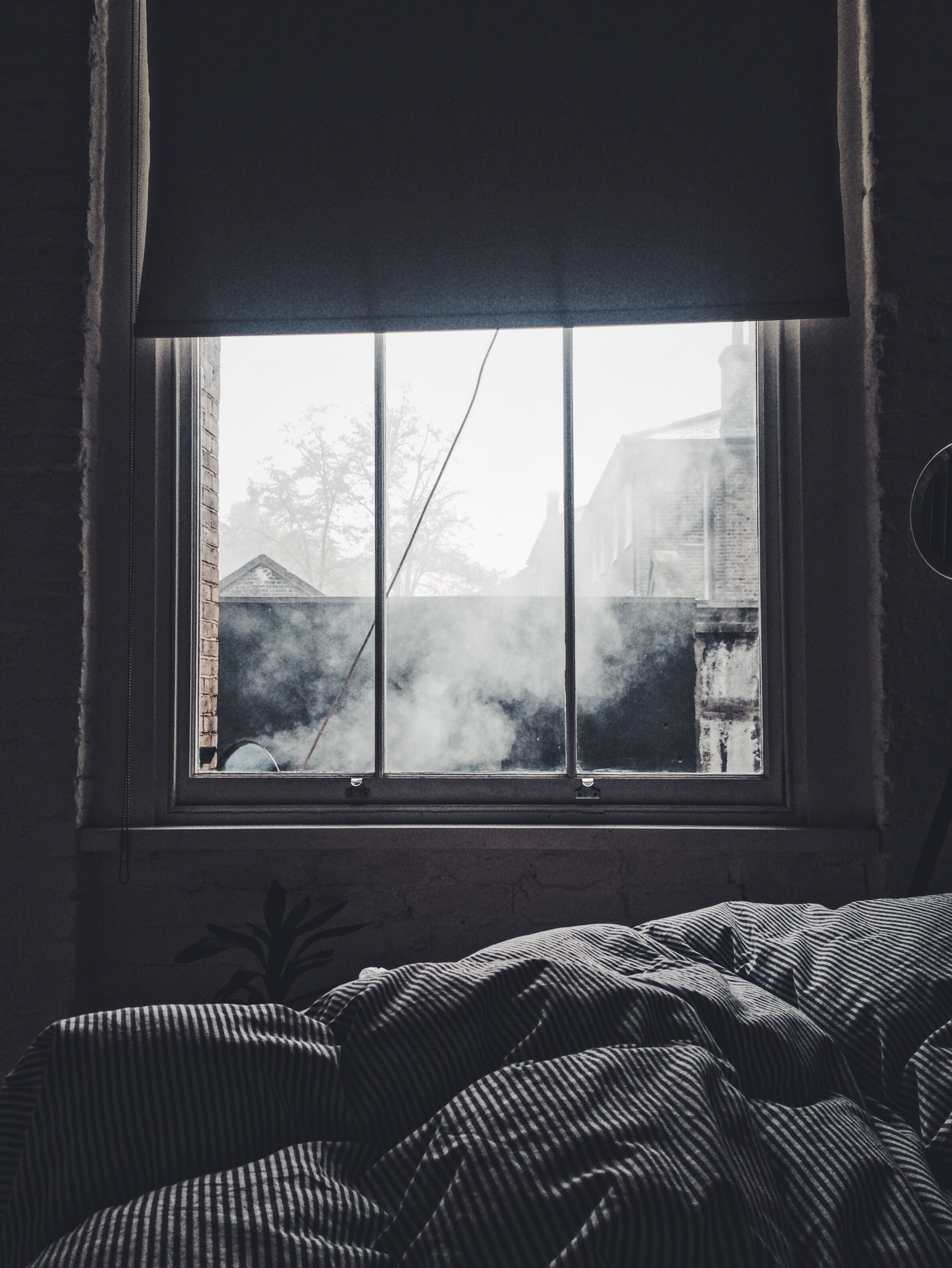by Robert Wongkamalasai
Sometimes the greatest realizations come from the hardest changes to accept.
Homelessness is a pretty sensitive topic. We see it all over the world. It’s more shocking in some places and situations than others. I’m no anthropologist. I haven’t gone out studying cultural differences or the statistics of the global homelessness community for that matter. See, I feel for the less fortunate, which is why I would never compare the world’s perception of homelessness, to that which I’m describing as a 20-something-year-old college student.
Being without a shelter, means of proper hygiene, nutrition and income – I’d call that the world’s definition of homeless. I’m not trying to speak for everyone but I guess that’s what the media portrays, in turn leaving me to use that only as a reference. I’m not writing about that kind of homelessness: I’m writing about the moment when you realize your home is gone. You know, the home at which you guiltily cursed out your mom for the first time, tainted your bed sheets with false teenage love, cried behind an easy-to-pick door lock, looked in the mirror and popped zits until your face was red and bloody. I’m describing the loss of the home that you stared at as you and your parents drove away, heading towards your first semester of college. Thinking back, it shaped you, broke you down and reshaped you 18 times over. Okay, not everyone is in his or her childhood home for 18 years, but most people have that one home where it just all seemed to happen. I hate using the word “it,” but there isn’t a perfect word to describe everyone’s unique happenings.
Since my time in college, I’ve moved around from dorm to apartment, apartment to an apartment in France and apartment to a house. This constant motion should be deemed as an adaptation to temporary homes, but there’s a void of hominess they do not seem to fill. The emptiness that comes along with the constant house hopping is due to a space that is empty to your memories. The colors of the cabinets aren’t ever the same. The walls are chipping from thick paint coats so you can see the years and faces in the layers of previous renters. We typically don’t spend 18 years in our college town spaces, unless you’re one of the “never giving up on the college atmosphere” types of people. We spend more time thinking about where our next house is going to be and where our homes used to be.
“One of my favorite things to do was to lie on the ground, close my eyes and listen to my family live.”
In the case of 20-something-year-olds, “everything is temporary” is a motto to which we never want to admit following. A friend of mine, Kamryn Kletschke, is a recent University of Iowa grad and another temporary 22-year-old of Iowa City. Kletschke’s parents recently bought a new home after their long awaited desire to downsize. She lived in her custom-built, family home in Sioux City, Iowa for 16 years. Reflecting on where she’s come since moving for college in 2012, she expressed, “Since getting older, I realize how often I really don’t go home.” To Kletschke, a home equates to love, fun and comfort. Safety is something I believe most strive to promote in their own homes. The loss of the customized, hot-pink room, location of first love and the insightful maternal talks goes beyond the physical structure. It’s the emotion that she claims to miss. It’s the history: history makes a home and the family that flourishes from its making.

Viktoria Hall-Waldhauser via Unsplash
I remember so many different smells, faces and sounds from my own northwest suburban home just outside of Chicago. One of my favorite things to do was to lie on the ground, close my eyes and listen to my family live. It’s strange to think that every family member had his or her own sound without speaking, kind of like an audible signature to the ear. I still smile and clench my teeth when I think about the sound of the flooring from main level office sweeping underneath my dad’s tattered slippers. Sometimes all I need is to hear a mop sloshing back and forth on bathroom tiles, waft the smell of melting basil through my nostrils or even taste something remotely close to my mother’s Easter Day cinnamon rolls to solidify these memories of my childhood home.
As I sit in a bedroom, only feet from a busy street, I can hear my mom’s voice bouncing off the slanted, beige ceilings of my bedroom. The sound of cars passing by reminds me of the moments that I’d be lying in bed, looking at the questionable black dots in the highest corners of my room. I always wondered if it was a spider but never got the chance to figure it out. My mom would call from the downstairs and I knew it was time to get up, until the next moment of solitude with the wheels rolling past my ears and the spider dots tricking my eyes.
To say that a family is torn apart from losing a physical location isn’t necessarily ridiculous, but if we’re talking about what grew in that physical location, well, that’s a huge part of us, the you of today. The largest impacts, I’d say, a childhood home has on a person are:
- The memories
- The safety
- The fear
Unexpectedly diving into memories from your first kiss in the unfinished basement and the first beer that you and your friends passed around to share – that tangible place is nothing but that, a memory. There is no longer a safe shelter to run to when life is brutally beating us to a pulp and all we need is a familiar carpet to cry on, soothe ourselves and remember every ounce of greatness that was built in that house. I guess what hurts the most about losing a childhood home is the fact that fear becomes a reality – the fear that a part of you is actually gone and whoever lives in that house now will erase the place you once called home. The fear of being homeless in your 20s. The fear of always being temporary.


WOW! Well written and so descriptive of childhood homes. Bobby, you really told a great story that so many young adults discover as their childhood homes are treasures to them. So many memories float into one’s mind as fond memories of special times spent in a childhood home bring one back to childhood. I’m so proud of you and of your writing. Keep up the fine work.